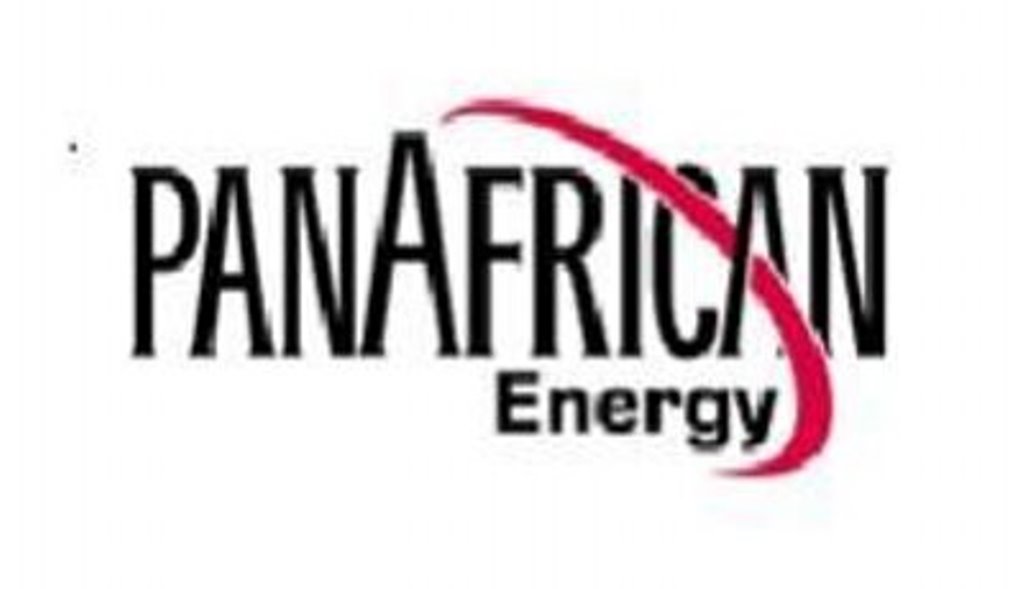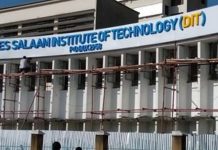PAN AFRICAN Energy Tanzania (PAET) is expecting further increase in demand for gas this year for use in power generation and industrial sectors and, potentially through expansion of its ongoing Compressed Natural Gas (CNG) to motor vehicle project.
PAET supplies gas for more than 40 per cent of Tanzania’s total power generation and sustains 40 major industries in Dar es Salaam.
It also supplies CNG to a growing number of domestic vehicles, public transport vehicles and to major hotels.
The PAET Managing Director, Andy Hanna said after a highly successful year of 2019 that saw significant growth in demand, PAET plans some challenging technical projects to meet demand and increase access to the benefits natural gas resources bring to the nation.
PAET is working to ensure gas production from the Songo Songo field can continue to meet demand beyond 2020, with several initiatives in progress or being evaluated.
“Success will depend considerably on our highly capable Tanzanian team working alongside our partner Tanzania Petroleum Development Corporation (TPDC) and support we have received from Petroleum Upstream Regulatory Authority (PURA), Energy and Water Utilities Regulatory Authority (EWURA) and other stakeholders of the Songo Songo project. All of the signs are there that we should be optimistic for the year ahead and for the natural gas industry as a whole in Tanzania,” he said.
Alongside gas for power generation, PAET is actively seeking to further accelerate industrial expansion in Dar es Salaam and has recently restructured and lowered gas prices to industries in a bid to ensure that gas remains cheaper and cleaner alternative to more expensive and far more pollutive fuels such as diesel or coal.
Installation of compression facilities is vital in optimising the throughput capacity of the Songas facilities over the remaining term of the Production Sharing Agreement (PSA) and underlying licence.
Failure to incorporate compression would lead to a significant loss in production through the Songas facilities as field pressure declines below the level required to deliver on specification gas to the power sector in Dar es Salaam and industrial customers over time.
A Letter of Instruction was signed with an international contractor in December last year with significant presence and experience in Tanzania for the commencement of detailed engineering and design for the compression project.
A definitive agreement for the project is expected to be signed by the end of next month on a fixed price, turnkey basis.
It is forecast that compression will be operational by the end of 2021 and cost approximately 38m US dollars of which 34.2m US dollars is forecasted to be spent in 2020.
The Company is also evaluating options to work over onshore wells SS-3, SS-4 and SS-10 on Songo Songo Island in 2020 at an estimated cost of 13.1m US dollars.
Although SS-10 is currently producing, SS-3 and SS-4 are shut in, working them over will increase production and or greater production redundancy to ensure PAET can continue to meet demand during certain periods of maintenance.
A decision on the timing and scope of the work-overs is subject to board approval and agreement with Songas and will likely be taken by the end of Q2 2020.
Separately, the company has attained approval for expenditure of 1.3m US dollars to undertake a flow-line debottlenecking project, commencing in February this year to further increase production potential from some of its onshore wells.
PAET anticipates an investment of approximately 80.2m US dollars in compression, workovers and de-bottlenecking to sustain production and meet the forecast gas demand profile through to October 2026, when the existing Songo Songo licence expires.
By then, 762 Bcf of natural gas is expected to have been produced from the field, delivering considerable benefits and savings to the government and industries within Tanzania.





